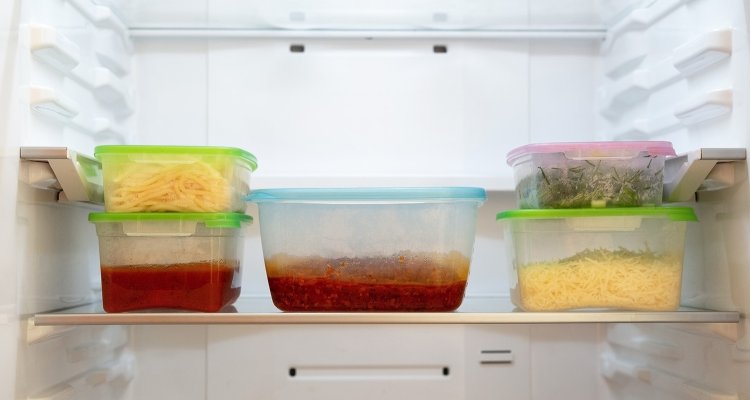
Blog
The power of food recovery
When people waste food, this means that they bought more than what their family ate. So the obvious best solution is to just plan better. Right?
Well, maybe not.
Especially families with children are faced with challenges and uncertainties about how much food is needed day-to-day. How much will the kids eat? Who will join dinner? Take my own family as an example. I have two teenage sons. On any given day, the oldest may pile as much spaghetti as his plate can hold and then come back for seconds. Or he may just take a small portion.
The youngest, that is a different story. He may have a friend over at our house, and my husband or I will ask if his friend plans to stay for dinner. My son and his friend ask us what’s for dinner, and say that they will let us know in a few minutes after checking with the friend’s parents. Now, you may think that they are asking permission for the friend to stay for dinner, but no. What they are actually doing, is asking what is being prepared at the friend’s house, before deciding where they will both eat. So much for planning ahead.
The age-old saying that prevention is better than cure may not hold in this case. This idea inspired a study initiated by Hellmann’s (Unilever) in a collaboration with BeWorks, Marketing Mums, WRAP, Western University, and Wageningen University. It was a great pleasure to be part of this terrific team, and it opened my eyes to the enormous potential that comes from focusing on food recovery. That is not to say that planning is not important as well, but rather that recovery should not be overlooked.
The study examined whether asking families to pick a day per week as a ‘use up’ day, in which they prepare a meal from leftover ingredients helps them reduce their food waste. Participating families received ‘flexipes’: not the traditional recipes, but flexible ones that challenge them to use leftover ingredients with a 3+1 rule-of-thumb. Take (1) a base product (staple such as rice or wrap), (2) vegetables and fruit, and (3) protein source, and add a magic touch with seasoning, herbs, or condiments. Curious what these look like? You can find flexipes on the website of Hellmann’s. The intervention worked remarkably well, with a 33% reduction in food waste compared to baseline in Canada and 46% when tested in the US.
So if your life is hectic and you don’t know ahead of time how much food your family will eat during the week, you can embrace uncertainty with a use up day and flexible cooking style. Evidence has shown that this will seriously reduce the amount food that you waste.